There’s been a lot of talk about cage eggs recently, and with good reason. With the recent endorsement by Agriculture Ministers of a phase out date for barren battery cages by 2036, farmers who are still using battery cages will need to transition to different infrastructure on farm. While the standards are still to be implemented by state and territory governments, this is still a hard-won win for millions of layer hens and welcome news for many.
However, with this news there’s been some confusion about what this means for egg buyers. Here we explain the real deal around cage-free eggs and what this all means for clucky hens and conscious shoppers.
What is a battery cage and why are they being phased out?
Layer hens in battery cages are unable to express natural behaviours that they have a strong motivation to do, such as perching or dustbathing, and risk chronic health conditions such as osteoporosis due to their restricted movement. We know good layer hen welfare simply cannot be achieved in a battery cage and this is why the use of battery cages must not continue.
What this means for eggs, farmers, and consumers.
Many brands and producers have already seen the value in improving hen welfare by transitioning away from cage eggs. Major retailers ALDI, Coles, and Woolworths have all been working over the last decade to remove cage eggs from their shelves completely by 2025.
ALDI
ALDI has been steadily working towards their commitment of eggs sold in cartons to be from cage-free hens by 2025.
Coles
Way back in 2013, Coles completed the move for all their own brand eggs sold in cartons to be from hens in cage-free systems. In 2019, Coles transitioned all supplier branded eggs sold in cartons to be cage free in WA and did the same in Victoria in 2022. Coles are well on the way to completing their transition of all supplier-branded eggs sold in cartons to cage free and have also been working on going cage free with eggs used as ingredients in their own brand products such as baked goods, sandwiches and sauces.
Woolworths
In 2013, Woolworths made the commitment for all eggs sold to transition to be from hens in cage-free systems. By 2015, Woolworths completed the transition on their own brand eggs sold in cartons and have been working closely with their suppliers to transition all supplier branded eggs sold in cartons to be from cage-free hens. Like Coles, Woolworths is also transitioning all their own brand products where eggs are used as ingredients to be from hens in cage-free systems.
Dining out and manufactured products
But it’s not just the retailers that have been making moves to cage-free eggs. For example, Grill’d Healthy Burgers have used free-range eggs since they first opened, and McDonald’s made the switch to cage-free eggs back in 2017. And it’s not just that – many brands who use eggs in manufacturing their products are also moving to cage-free eggs by 2025. This means that by 2025, conscious shoppers will be able to find even more products and places serving cage-free eggs.
RSPCA Australia’s Cage Free and Proud directory lists many of these companies that have already transitioned or are working hard to transition to cage-free eggs, so you can see just how big this movement already is.
What about RSPCA Approved eggs?
The RSPCA Standard for layer hens sets a higher level of welfare required in the production of eggs and currently only two producers have RSPCA Approved certification – Rohde’s Free Range Eggs and Farmer Rod’s Free Range Eggs.
With more farmers moving to cage-free eggs, there are more opportunities for them to meet the RSPCA Standard and achieve RSPCA Approved certification. Our team is excited not only for hens to get out of cages, but the prospect of more hens having an improved quality of life by producers meeting our detailed standard, and farms undergoing regular assessments as part of RSPCA Approved certification.
Your choices matter
We often say this because it’s the truth. Right now, consumers have the power to be a real driving force for change in pushing for a faster phase out of cage eggs. While an endorsed phase out is welcome, allowing each state the discretion to decide when and how the phase out happens means there’s a danger of this dragging on even longer than 2036, leaving millions more hens to suffer in cages.
So your choices matter – and so do companies’ choices to commit to cage-free eggs.
Interested in reading more?

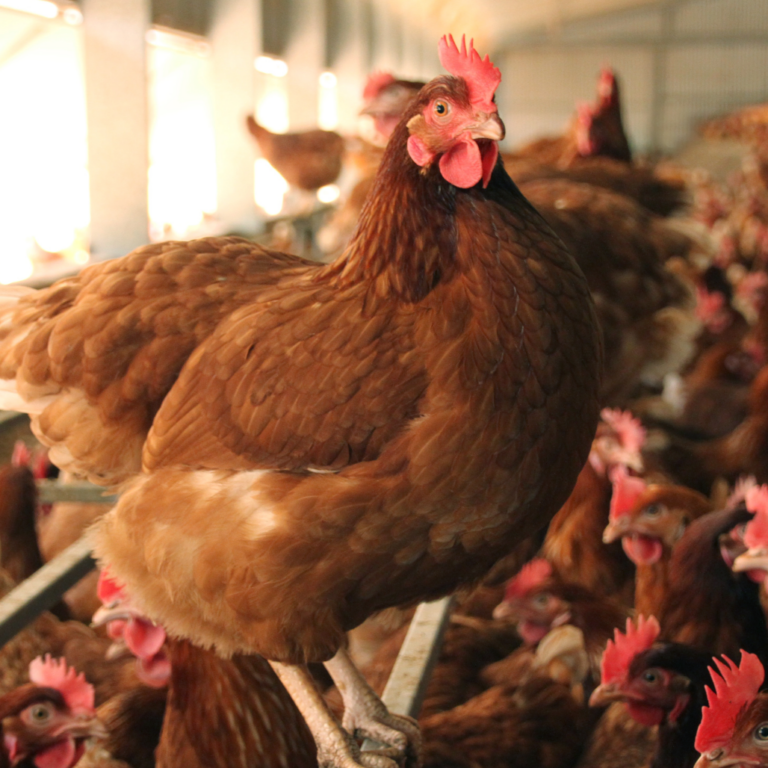
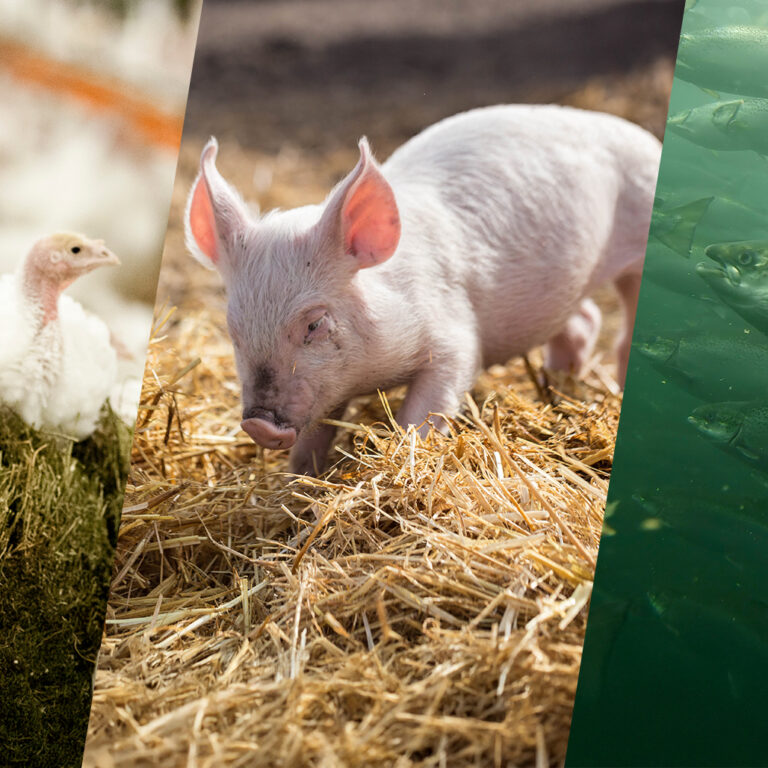
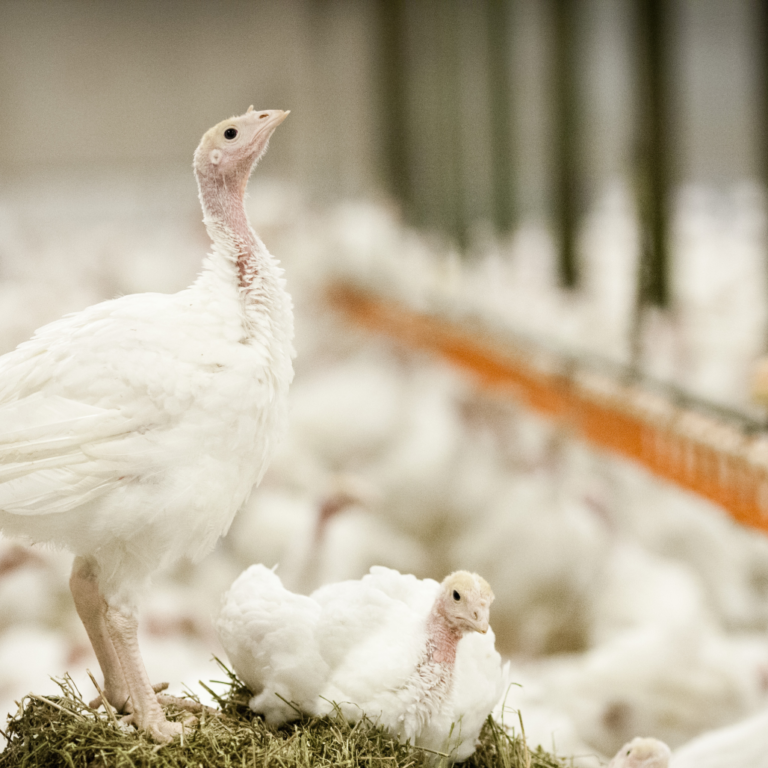
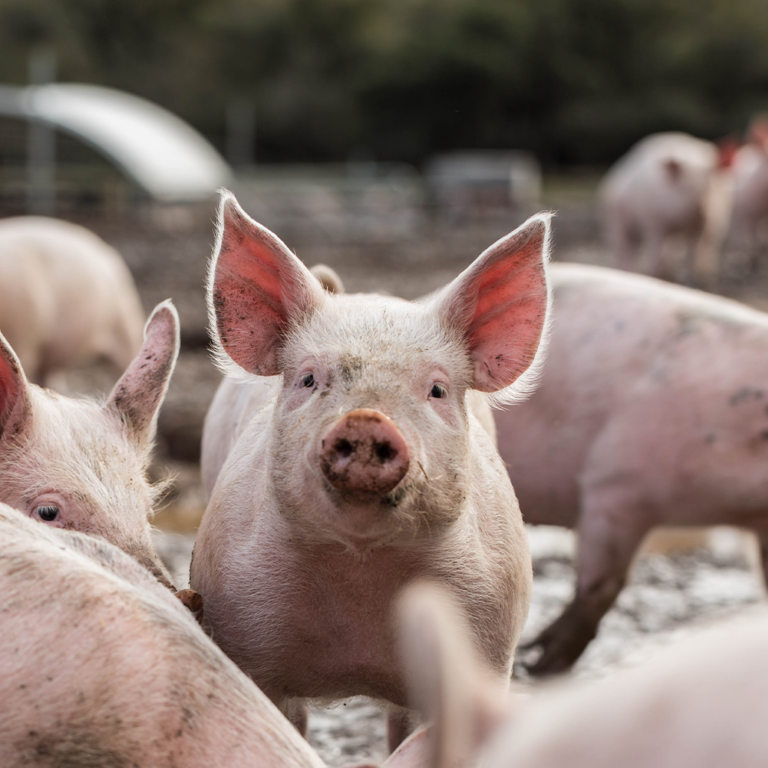
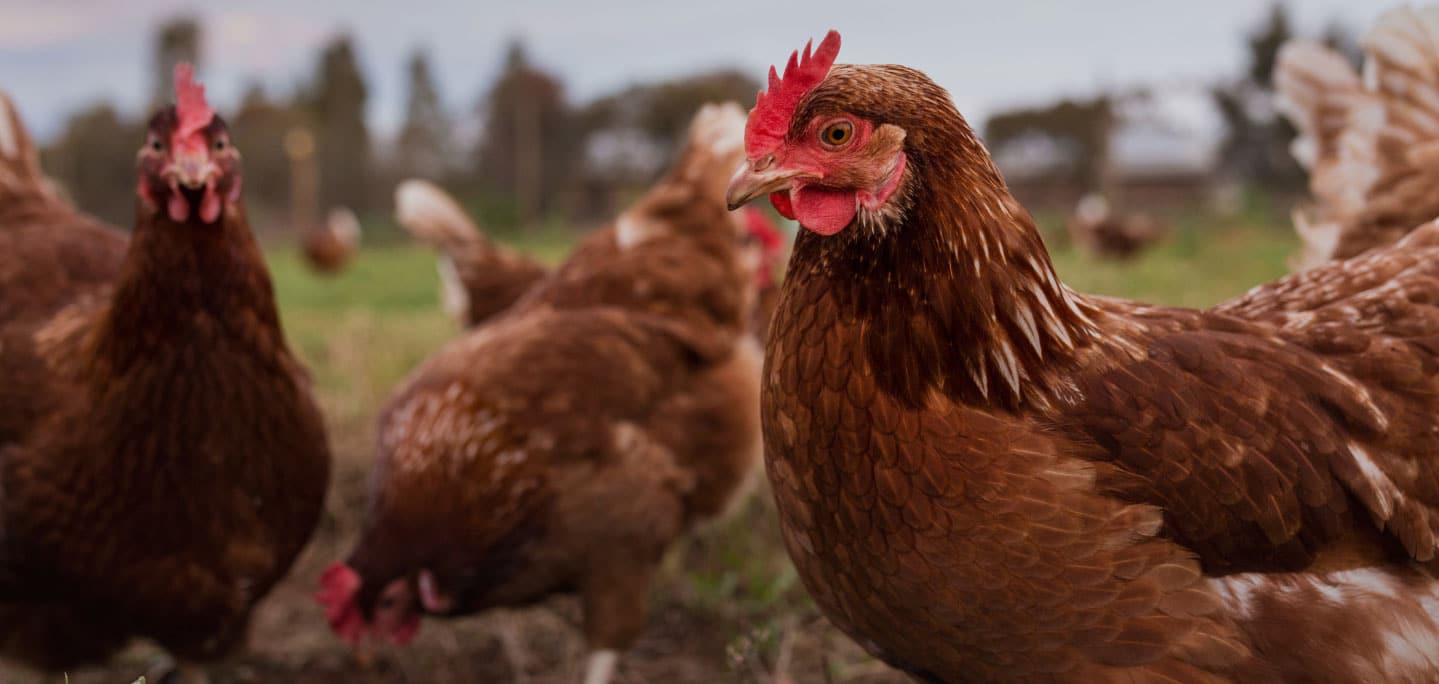

7 Comments
7 responses to “What Companies are using Cage-Free Eggs?”
Hi
You state that “With the recent endorsement by Agriculture Ministers of a phase out date for barren battery cages by 2036” Surely this isn’t soon enough? And if all the major supermarkets are phasing out caged eggs by 2025, who will be using the caged eggs? If it is companies using them in packaged goods, etc. cannot you start a campaign to demand that the labels indicate that caged eggs have been used to produce the product? Or in any other goods/places where these caged eggs will be used. Or can you name and shame them when the time comes? Thanks.
Hi Irene,
We agree, the phase out date for on battery cages cannot come soon enough. The RSPCA has campaigned against battery cage egg production in Australia for decades to improve layer hen welfare, and will continue to work with industry, government, retailers and food manufacturers to achieve a future where hens are no longer confined in battery cages.
Eggs can also be used as an ingredient in sauces, baked goods and in cafés and restaurants.
Here are some things you can do to let companies know you support the move towards sourcing cage-free eggs:
● Contact your favourite brands and let them know that you care about animal welfare and want them to source cage-free eggs.
● Always choose cage-free eggs in the supermarket and check the ingredient list for cage-free eggs in the manufactured product you buy, e.g., sauces, cakes and pasta.
● Remember to check the eggs are cage free when you are dining out, and support restaurants and cafés that are putting higher welfare food on the menu.
● Check the Cage Free and Proud directory, a list of companies in Australia proving every day that you can build a successful and profitable business which promotes good animal welfare, and that can produce cage-free eggs on a large scale without the use of barren battery cages
● If you haven’t already, sign up for our eNews, where we’ll share the latest announcements from any companies making the important shift to a cage-free future and what you can do to help.
The RSPCA Approved Farming Scheme works closely with producers who are committed to rearing farm animals to higher welfare standards. Since the inception of the program, 1.8 million layer hens have benefitted from a better quality of life thanks to the RSPCA Approved Standards for Layer Hens.
Hens on farms with RSPCA Approved certification have nests, perches, litter to dust bathe and more space to move than legally required. Whether raised indoors or with access to the outdoors, there’s a focus on providing for layer hens’ behavioural and physical needs. Battery cages are not allowed under the RSPCA Approved Farming Scheme.
Thank you for your question, Irene, we hope you find this information useful.
Thank you very much for your comprehensive and helpful response. I have a further question please: you say to check the ingredient list on manufactured products. Are manufacturers legally bound to state whether any eggs used are cage free?
I totally agree with you Irene, this barbaric practice has to stop. I think a campaign that shows humans in cages having children on billboards all over the country might have a profound impact on those treating our precious animals like egg factories.
Sound too controversial? What is the difference? Sometimes you have to show the impact of human behaviour in its truest form.
Thank you RSPCA for the up-to-date content on your website, you do a great job.
My only gripe is the reference to ‘Holidays’ – it is Christmas and for our beloved animals and wildlife too : -)
Hi James,
Thank you for the kind words and your support.
We too are counting down until the phase out date for battery cages. The RSPCA has campaigned against battery cages in Australia for decades, and will continue to work with industry, government, retailers and food manufacturers to achieve a future where hens are no longer confined to battery cages.
Read more about our campaign to end battery cages, here: https://rspca.au/iH9hkS
There is no need for humans to eat the eggs from another animal. It may be less cruel to not keeping the hens in cages but it is not natural. Eggs are the result of menstruation in the same way humans do but the eggs are not fertilised. Do the hens.ever get the joy of being put with a rooster and having a baby (chicken)? How old are the hens when they are slaughtered after not producing enough eggs for profit?
Hi Julie,
The RSPCA acknowledges that not consuming animal-derived products is one way to demonstrate compassion towards farm animals. Given that most Australians include meat and animal-derived products such as eggs in their diet, the RSPCA urges these consumers to support farmers who prioritise animal welfare. By doing this the lives of millions of farm animals will be improved today and into the future. You can read more about this on our Knowledgebase: https://rspca.au/X9yztA
The RSPCA Approved Farming Scheme is just one of the ways the RSPCA works to create effective and tangible improvements for animals who are farmed for food. You can read more on that here: https://rspca.au/VYlMng
More information on ‘spent’ hens is available here: https://rspca.au/AxkjBM